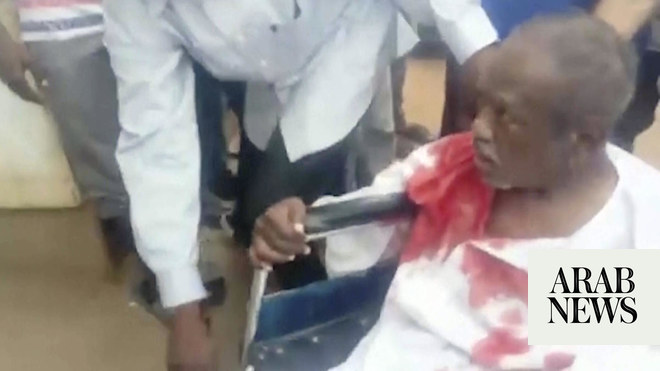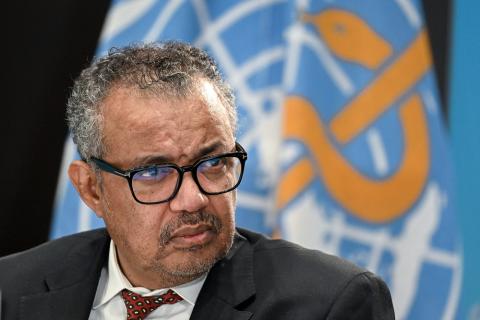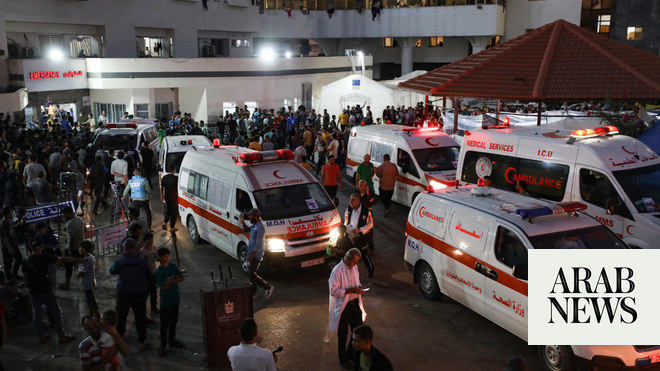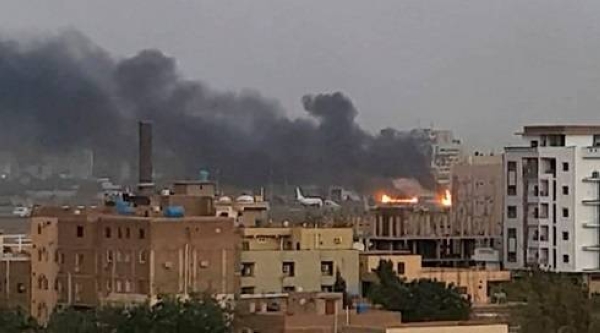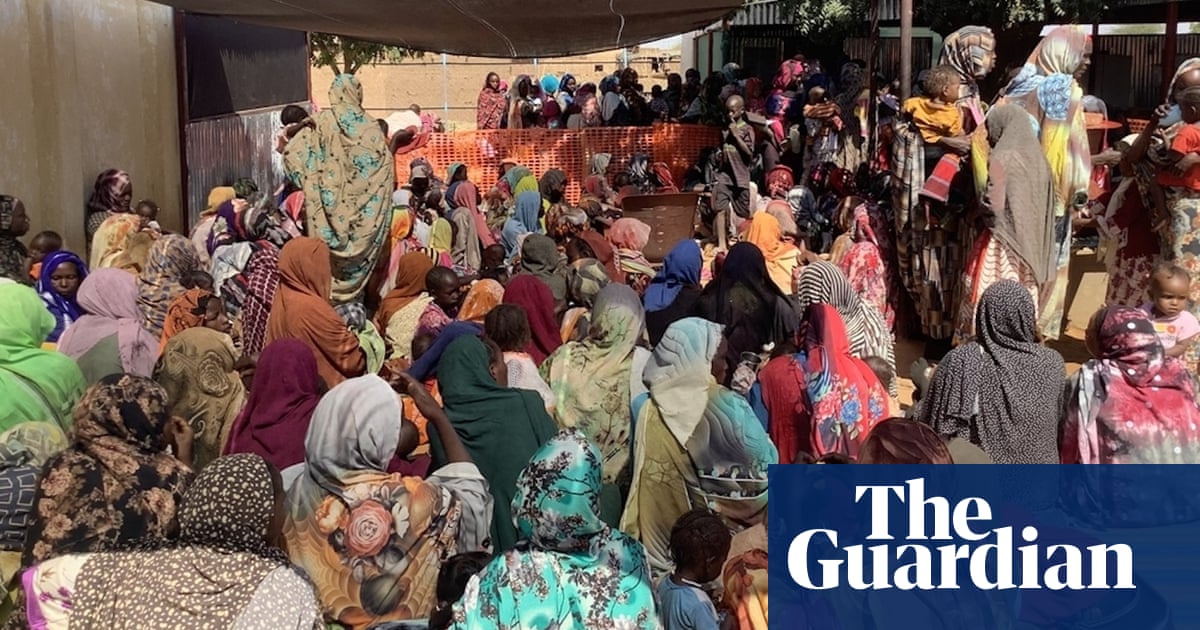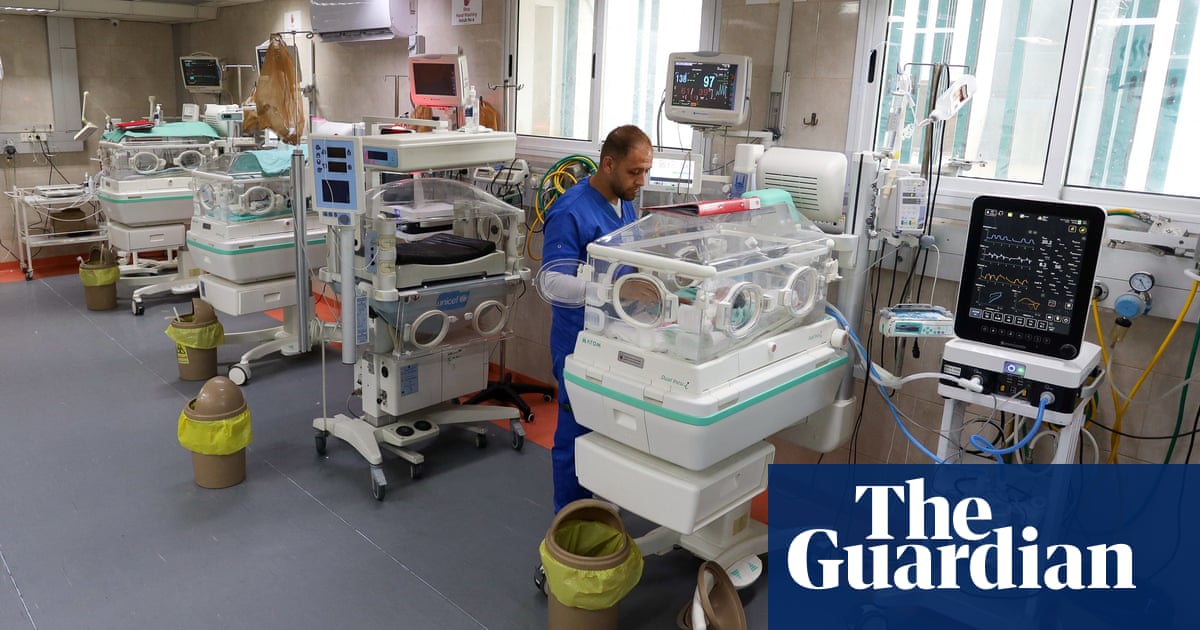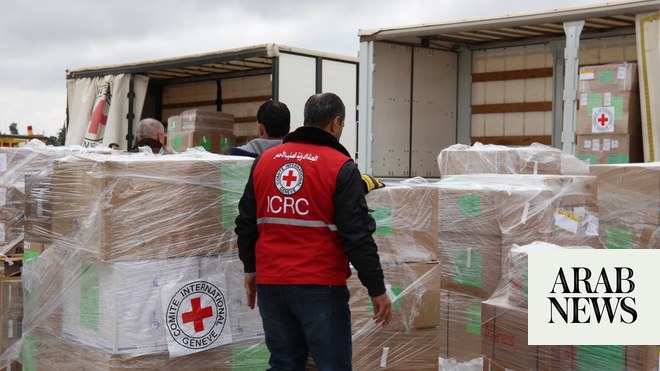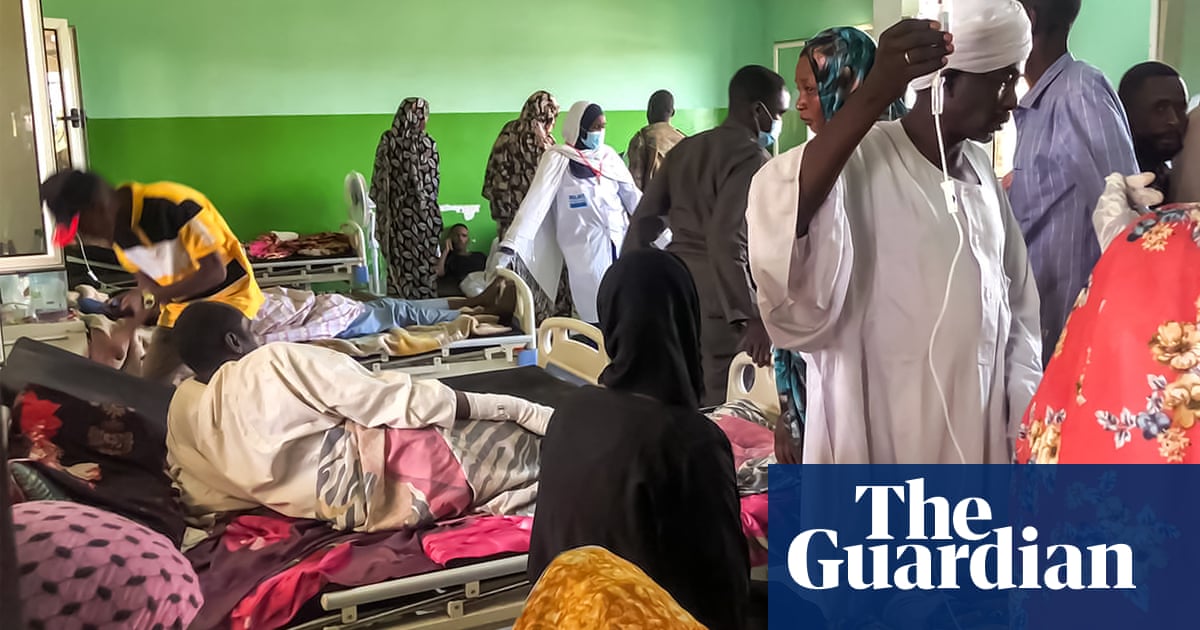
Until gunfire broke out on the streets of El Fasher this month, the state capital of North Darfur had several main hospitals. There was the big teaching hospital, the Saudi hospital, a paediatric hospital and the South hospital, a modest 35-bed facility with big ambitions and a specific remit: to help bring down the high numbers of local women dying in pregnancy and childbirth.
Now, almost two weeks into the conflict between the Sudanese army and the paramilitary Rapid Support Forces (RSF), two weeks of bloodshed that has seen terror return to a region once synonymous with human suffering, those options have narrowed.
“In El Fasher town the only functional hospital now is the South hospital … The three main other hospitals are all down,” said Dr Mohammed Musoke, deputy programme manager for Médecins Sans Frontières (MSF) for Sudan.
Down, he said, because of a multitude of reasons: from staff not being able to get to work due to the intensity of the fighting to “indiscriminate shelling” damaging structures and equipment. The paediatric hospital, to which many of the city’s sickest babies would normally be referred, has been looted by armed men.
As a result, the South hospital has been repurposed from a specialist maternity hub with no surgical capacity into a multifunctional trauma centre where staff are doing their best to respond to the huge and horrifying influx of mostly civilian casualties.
“[The hospital has gone] from thirtysomething beds to close to 108,” said Musoke. “But these are not in proper places: [you see] a corner, you put a bed there; [you see] a corridor, you put a bed there.” Since the fighting began on 15 April, the hospital has received more than 400 wounded people, mostly with gunshot and shrapnel injuries, many of them children caught in the crossfire. Fifty-four of the injured have died.
“And because it is still the only functional hospital, yes, the wounded are coming in, but also other very sick people are [still] coming in; sick children are coming in; pregnant women have to come and deliver in this space,” said Musoke. Now, in the maternity ward, there are two women for each bed. Emergency C-sections are taking place alongside trauma surgery. If babies are born prematurely or become sick with sepsis, there are no incubators to put them in.
“So you can see how thinly stretched the few [remaining] hospitals [are],” said Musoke. “The burden they have to cope with.”
This picture is becoming familiar across parts of Sudan engulfed in the fighting between two warring generals, army chief Abdel Fattah al-Burhan and his rival, Mohamed Hamdan Dagalo, known as Hemedti. In the capital, Khartoum, only 16% of health facilities are still functioning, according to the World Health Organization.
Observers are worried that whatever small steps were being made to address the country’s enormous health problems – from extreme hunger and malnutrition to dengue fever and malaria, not to mention a widespread lack of basic sanitation – will be wiped out by the burgeoning civil war. In that sense, the South hospital, which MSF started to support last year after a leap in the number of local maternal deaths, is a sort of grim metaphor.
“Some of the health indicators in Sudan were really not good,” said Musoke, citing the maternal mortality rate of 270 deaths per 100,000 live births and one of the highest prevalence rates of malnutrition among children in the world, with more than 3 million children suffering from wasting, 611,000 of them at high risk of death. Before the fighting erupted, 15.8 million people – about a third of the population – were already in need of aid, according to the UN.
“The conflict, it just makes the situation get a lot worse,” said Musoke. “It really shows the long-term impact.”
In the meantime, fears are growing among health officials that the indirect death toll of the conflict – stemming from these vast underlying health challenges – will be significant. Dr Tedros Adhanom Ghebreyesus, director-general of the WHO, warned of “many more deaths” to come due to outbreaks of disease, a lack of access to food and clean water, and disruptions to health services such as immunisations.
“Many patients with chronic diseases, like kidney disease, diabetes and cancer, are unable to access the health facilities or medicines they need,” he said.
In a brutally stark illustration of the challenges facing those who depend on regular medical treatment, Dr Bushra Ibnauf Sulieman, a Sudanese-American professor of internal medicine, is understood to have been fatally stabbed on Tuesday outside his home in Khartoum while taking his father for dialysis treatment.
There are fears, too, for the country’s roughly 3.5 million diabetes patients, as power cuts destroy cold-chain storage facilities for insulin stocks. Dr Tedros, meanwhile, has warned that outages are “threatening to make the few remaining stocks of blood stored in the central blood bank unusable” – a disastrous scenario when the casualties continue to mount.
It does not stop there. In the coming weeks, he warned, an estimated 24,000 women will give birth without maternal care. Programmes to prevent transmission of dengue fever and malaria have had to stop, nutrition programmes have been suspended, and the risk of diarrhoeal disease – one of the biggest killers of children under five – is high because many people are drinking river water to survive.
With the current, patchy truce about to expire and fresh violence raising fears it will not be renewed, medics, relief organisations and the WHO are hoping there will be sufficient lulls in fighting to be able to restock hospitals with the lifesaving equipment they need.
At the South hospital, staff are “rapidly running out of supplies”, according to Cyrus Paye, MSF project coordinator on the ground. They estimate they have enough to last just three more weeks. “And I’m giving this ‘three weeks’ with a lot of caution,” said Musoke. “Because if the situation further escalates, and you have a lot more wounded coming in … this three weeks could turn into four days.”
In the short-term, then, the picture is bleak and precarious. In the long-term, many fear, particularly in the event of a protracted conflict, it could be even worse.
But for the doctors working day in, day out to tend to the wounded, there is no time to ponder the unknowable. Amid threats, violence and ever-depleting supplies, they will work on, said Dr Attiya Abdullah, a spokesman for the Sudanese doctors’ union. “We cannot let our people die,” he told BBC Radio 4 this week, recounting how he had walked 20km to get to his hospital, disguised in traditional clothing, for fear of being targeted in his medical attire.
“This is our job. All of us understand: this is our time. This is our moment. The Sudanese people need us. So we’ll not stop, we’ll not hide, we’ll not excuse ourselves.”




